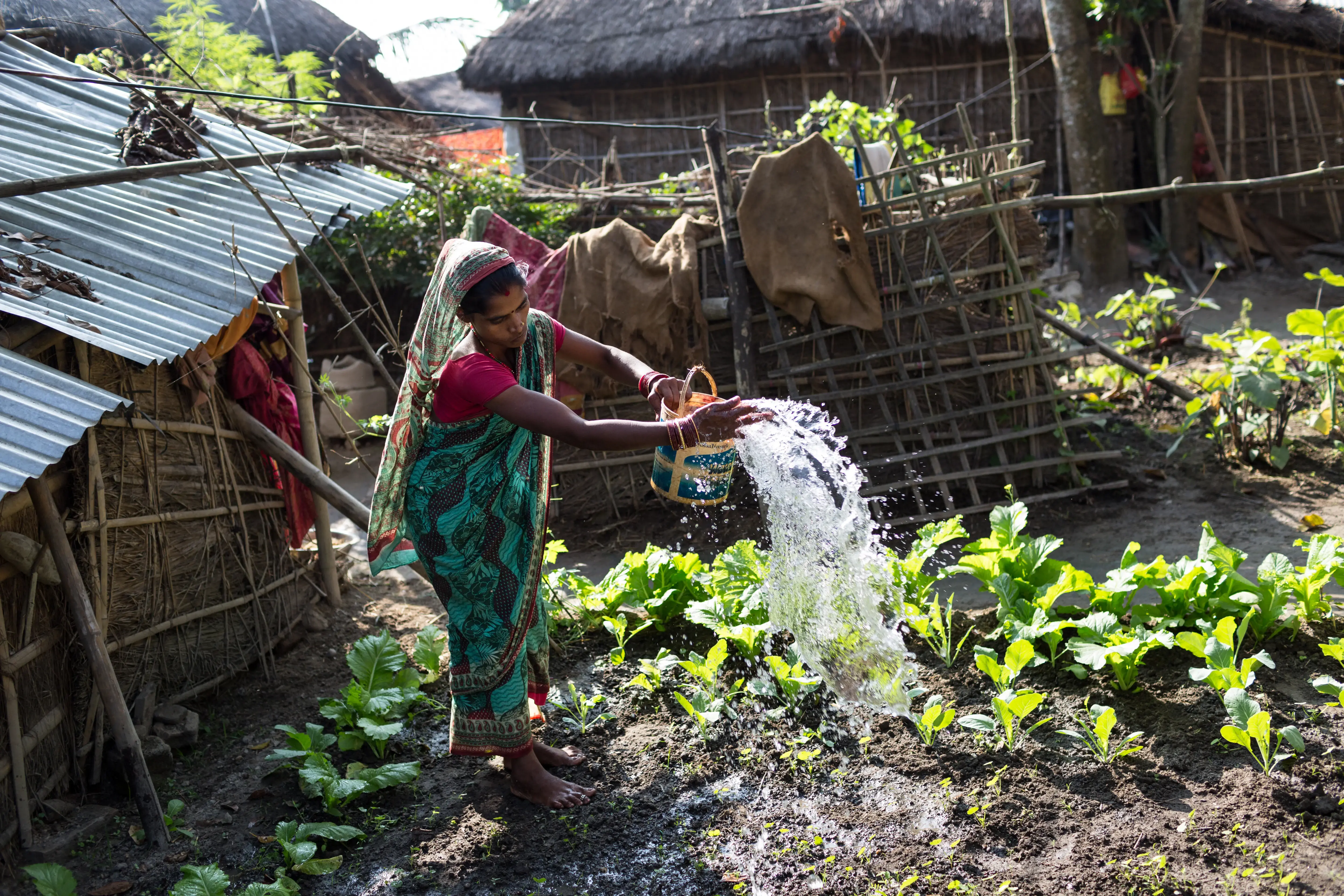“We are working for the women”
“We are working for the women”
Nirmal Kushwaha is Project Officer with ADRA Nepal in the Sarlahi district of Nepal. With his team, they provide family planning services for women in remote communities where services are adapted to meet the needs of cultural contexts.
“There are cultural barriers in providing family planning in some communities in the district,” Nirmal says. “There are places where women are not allowed to go outside. Religions have unique cultures.”
Nirmal says that during the pandemic no one in Sarlahi wanted to come to health facilities and family planning services were not classified as ‘essential services’. The lack of clear information left women in Nepal without accurate public health information. “They were terrified of COVID-19 at the hospitals,” he says. “Women were afraid they would get the virus if they came to health centres.”
“Women were afraid they would get the virus if they came to health centres.”
Before the lockdown Nirmal and his team visited between 20-30 people everyday. “We did home visits that were adapted for the conservative culture.”
Funding from the Government of Australia, Department of Foreign Affairs and Trade (DFAT) made it possible to equip partners with IT materials like smartphones and data. With this equipment they maintained services, even during the hardest parts of the pandemic. “We were given an identity card and a pass to be able to go to health facilities to keep essential links for medicines even when there was a hard lockdown.”
When personal protection equipment (PPE) like masks and gloves were in short supply in early 2020, Nirmal says protection for family planning services was not provided by the government. With DFAT support, UNFPA was able to distribute protection for frontline family planning teams.
During the lockdown, there was no public transport in Sarlahi and women were not coming to the facilities. He says this made the home visits even more important. As restrictions eased, they began seeing more patients but always with PPE. “We used to meet many people so people were suspicious of us,” Nirmal recalls. He says the supplies gave patients confidence in the protection and built trust for families to open their doors for home visits.
12 visiting service providers were mobilized in four districts of Nepal. Through these, 2,883 women received counselling and long-acting reversible contraception services.
Nirmal has been working for almost six years delivering family planning in the community. He says the long term goal is to maintain the hygiene and quality services for women in the district. “We are working for the women,” he says. “We are delivering quality services for them.”
During the project period, 12 visiting service providers were mobilized in four districts of Nepal. Through these, 2,883 women received counselling and long-acting reversible contraception services. In addition to the visiting service providers, 20 female and 15 male health service providers were trained on intrauterine device and implant insertion. The trained health service providers provided long-acting reversible contraception and counselling services through their respective health facilities in four districts.
20 female and 15 male health service providers were trained on intrauterine device and implant insertion.

This work was made possible through funding from the Government of Australia, Department of Foreign Affairs and Trade (DFAT) in support of a regional COVID-19 project implemented by UNFPA and partners.
Learn more


